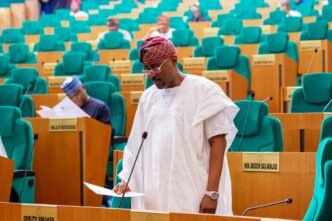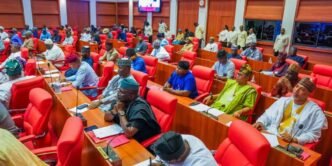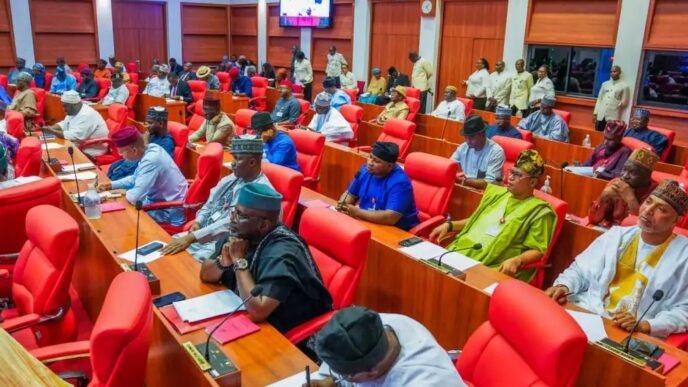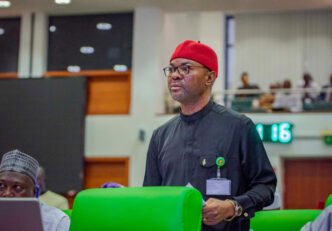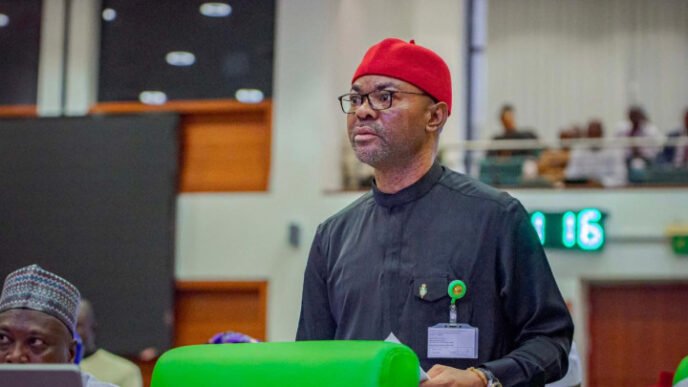Wednesday November 12, 2025 | The House of Representatives received a report from the Committee on Justice, presented by Hon. Olumide Babtunde Osoba. The report addressed provision of the Child Online Access Protection Bill. The bill aims to safeguard children from growing risks such as cyberbullying, grooming, online violence and exposure to harmful content in the digital space.
Core Provisions and Objectives of the Bill
The bill’s objectives are comprehensive and reflect global best practices in child online safety:
Mandate Content Restriction: It seeks to compel Internet Service Providers (ISPs) and digital platforms to take proactive measures to restrict access to or promptly remove content that is harmful, violent, exploitative, or illegal, particularly child sexual abuse material (CSAM).
Penalize Offenders: It proposes stricter fines, imprisonment, and other penalties for perpetrators of online crimes against children, such as cyberbullying, online grooming, cyber-extortion, and non-consensual sharing of intimate images.
Promote Digital Literacy: The bill includes provisions for digital literacy programs aimed at educating parents, teachers, and children themselves on how to safely navigate the online environment and recognize threats.
Enforce Platform Accountability: It establishes a framework that requires Big Tech platforms and digital operators to adopt stricter safety measures, including effective reporting mechanisms and robust age-appropriate content filters, prioritizing child safety over profit.
Data Protection Focus: While the Nigeria Data Protection Act (2023) offers general protection, this bill specifically addresses the unique vulnerabilities and data privacy concerns of minors online.
The bill has been a subject of public hearings where stakeholders—including the National Human Rights Commission (NHRC), the Nigerian Communications Commission (NCC), and civil society groups—have debated its provisions, particularly the proposed funding mechanisms (levies/taxes on businesses) to support its implementation.
Osoba explained that several advanced countries, including Australia, the United Kingdom, Ireland, and Brazil, have enacted similar child online protection laws. According to him, Nigeria aims to become the first African country to pass such a law, demonstrating its commitment to digital safety and child rights.
To ensure effective enforcement, Osoba revealed that the bill proposes the creation of an E-Commissioner—a department within the Ministry of Communications, Innovation, and Digital Economy—which will serve as a watchdog for the online space.
“The e-commissioner will be responsible for monitoring violations and instructing service providers to remove harmful or infringing content. Non-compliance will attract fines and possible jail terms,” he explained.
Under the proposed law, corporate offenders face fines of up to ₦10 million, while individual offenders could pay ₦5 million or face imprisonment.
The overall consensus among advocates and lawmakers is that the Bill is an urgent and necessary intervention to create a safer, more responsible digital environment for the estimated 30 million Nigerian children currently online.
